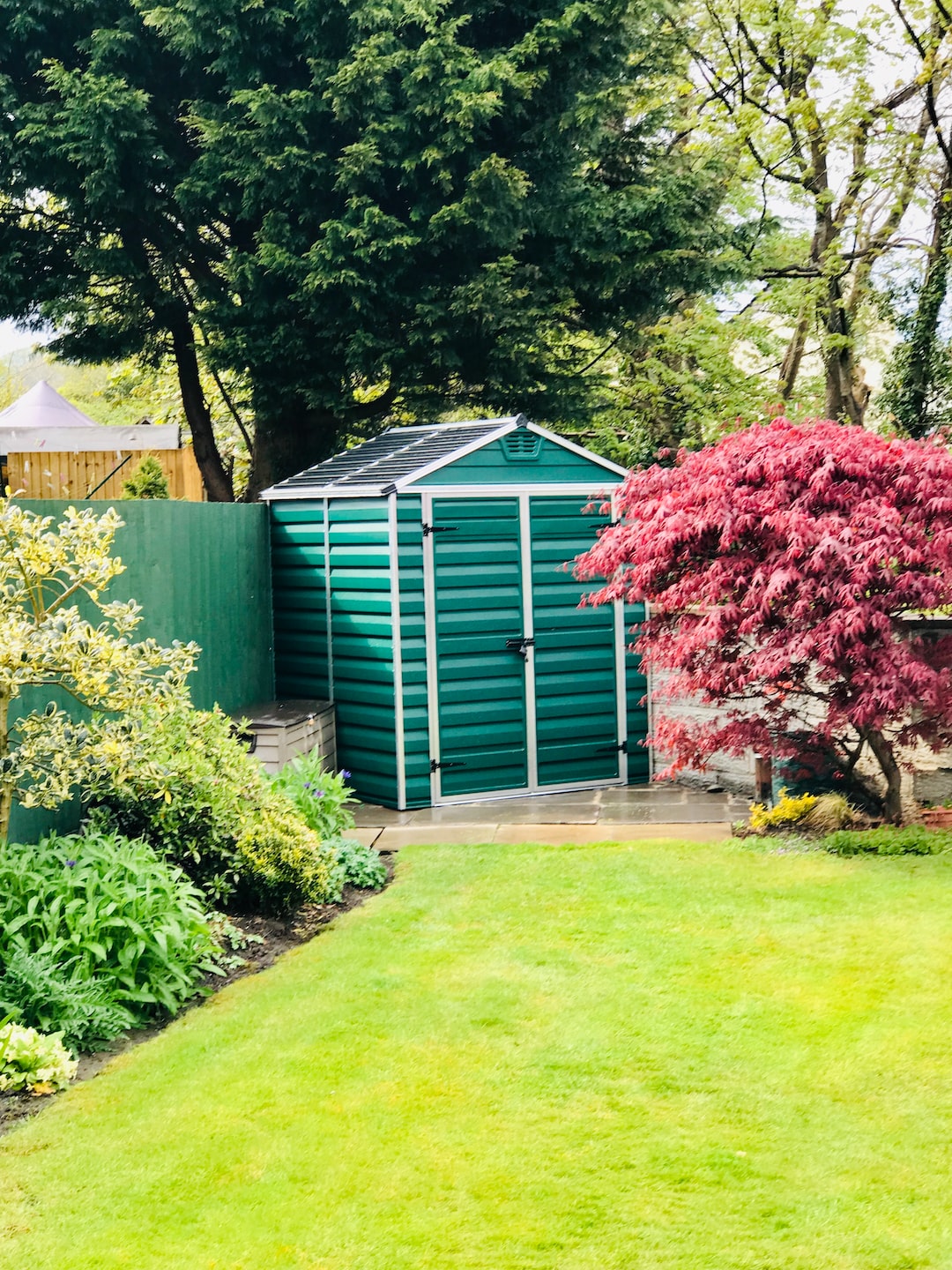The Ultimate Guide to Composting: Turning Waste into Gold for Your Garden
Composting is a remarkable process that allows you to turn organic waste into nutrient-rich soil for your garden. Not only does it help reduce waste going to landfills, but it also provides a sustainable solution to enhance your gardening experience. In this ultimate guide to composting, we will walk you through the entire process, from getting started to troubleshooting any issues that may arise.
Getting Started: Setting up Your Compost Bin
To embark on this composting journey, you need to set up a compost bin. There are numerous options available, including DIY designs or store-bought bins. Whatever you choose, ensure that it has adequate ventilation and drainage to facilitate decomposition.
Location matters too. Find a spot in your backyard that receives some shade and is easily accessible. Avoid placing your compost bin too close to your house, as it may attract unwanted pests.
What to Compost: The Green and Brown Components
To make compost, you need a balanced mixture of green and brown materials. Green materials include vegetable scraps, fruit peels, coffee grounds, and grass clippings. These materials are rich in nitrogen and provide necessary moisture. On the other hand, brown materials consist of dry leaves, newspaper, cardboard, and woodchips. These provide carbon and help create airflow within the pile.
Remember, composting is not limited to kitchen waste alone. You can also compost yard trimmings, such as twigs and branches, as long as they are shredded to facilitate decomposition.
The Composting Process: Building and Maintaining the Pile
Start by layering your materials. Start with a layer of browns, followed by a layer of greens, and continue alternating until you have built a sizable pile. Remember to keep the pile moist, similar to a damp sponge. If it’s too dry, add water, and if it’s too wet, mix in some dry browns.
To speed up the decomposition process, turn the pile every few weeks to create airflow. This helps break down the materials faster. Within a few weeks to a few months, depending on various factors such as temperature and material composition, you will start seeing the magic of composting happening before your eyes.
Troubleshooting: Common Composting Issues
While composting is a relatively simple process, a few issues may arise along the way. Let’s discuss some common problems and their solutions:
1. Foul Odor: If your compost pile emits an unpleasant smell, it may be due to an imbalance in the ratio of browns to greens. Add more browns to absorb the excess moisture and neutralize the odor.
2. Slow Decomposition: If your pile is taking too long to decompose, it may not have enough nitrogen-rich greens. Increase the amount of greens in your compost mix, and ensure the pile is well-aerated to promote decomposition.
3. Pest Invasion: If you notice unwanted visitors like rodents or flies around your compost bin, make sure you are not adding meat, dairy, or oily foods. These attract pests. Adjust your composting practices accordingly and consider creating a pest-proof enclosure.
Using Your Compost: A Garden’s Golden Gift
Once your compost has turned into a dark, crumbly substance, congratulations; you have created “black gold” for your garden! The rich nutrients in compost improve soil structure, retain moisture, and provide essential elements for plant growth.
Mix your compost with soil before planting, top-dress your existing garden beds, or use it as mulch to suppress weeds. Alternatively, create compost tea by soaking a handful of compost in water for a few days. The resulting liquid can be used to fertilize your plants.
Conclusion: Transforming Waste into Gardening Success
Composting is not only a sustainable way to manage organic waste but also a means to enhance your garden’s productivity. By following this ultimate guide to composting, you can delve into this fantastic process, turning waste into “black gold” for your garden. Start small, troubleshoot any issues that may arise, and soon you’ll be reaping the rewards of healthier plants and a thriving garden ecosystem. Happy composting!

